Materials Science
-
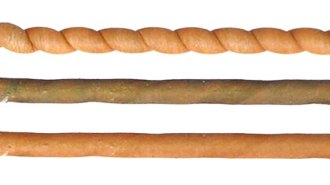 Materials Science
Materials ScienceA new cooling technique relies on untwisting coiled fibers
A “twist fridge” operates via twistocaloric cooling, a technique that generates cooling by unraveling twisted strands.
-
 Physics
PhysicsAndrea Young uncovers the strange physics of 2-D materials
Physicist Andrea Young has set his sights on the strange ways electrons behave in flat, layered structures.
-
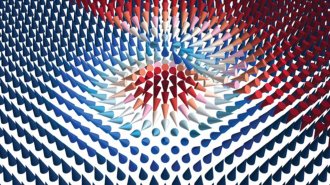 Physics
PhysicsA new magnetic swirl, or skyrmion, could upgrade data storage
Magnetic whorls in a new type of material could be easier to control than their predecessors.
-
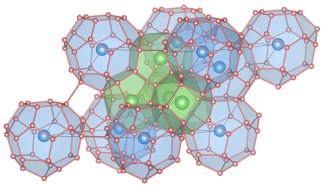 Physics
PhysicsA predicted superconductor might work at a record-breaking 200° Celsius
A material made of hydrogen, lithium and magnesium and squeezed to high pressures may be a superconductor even at especially high temperatures.
-
 Tech
TechA chip made with carbon nanotubes, not silicon, marks a computing milestone
Silicon’s reign in cutting-edge electronics may soon over. The carbon nanotube could be its successor.
-
 Chemistry
ChemistryPlant-based fire retardants may offer a less toxic way to tame flames
Flame retardants created from plant materials could be less harmful to the environment than traditional flame-smothering chemicals.
-
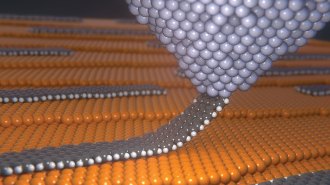 Physics
PhysicsScientists seek materials that defy friction at the atomic level
Scientists investigate superslippery materials and other unusual friction feats.
-
 Materials Science
Materials SciencePermanent liquid magnets have now been created in the lab
Magnets that generate persistent magnetic fields are usually solid. But new little bar magnets have the mechanical properties of liquids.
-
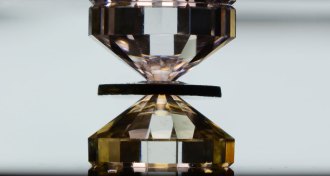 Materials Science
Materials ScienceLatest claim of turning hydrogen into a metal may be the most solid yet
If true, the study would complete a decades-long quest to find the elusive material. But such claims have been made prematurely many times before.
-
 Materials Science
Materials Science50 years ago, bulletproof armor was getting light enough to wear
In 1969, bulletproof armor used boron carbide fibers. Fifty years later, bulletproof armor is drastically lighter and made from myriad materials.
-
 Chemistry
ChemistryHow seafood shells could help solve the plastic waste problem
Chitin and chitosan from crustacean shells could put a dent in the world’s plastic waste problem.
By Carmen Drahl -
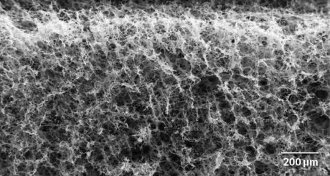 Materials Science
Materials ScienceA new graphene foam stays squishy at the coldest temperatures
Researchers have now made a material that is superelastic even at extremely cold temperatures, which could be helpful in space.